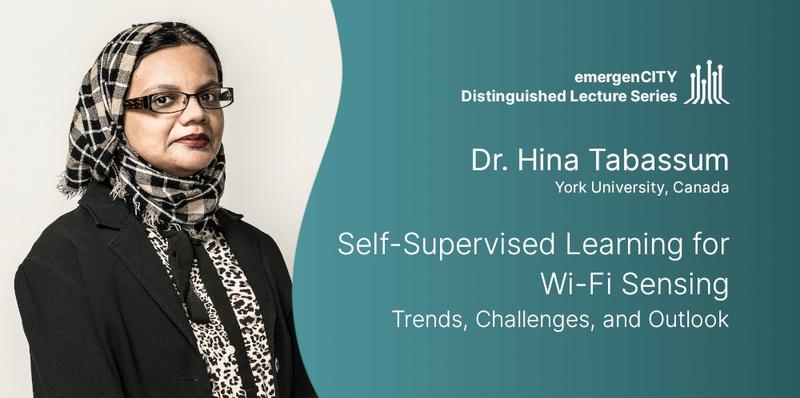In the June 2021 flood disaster, the devastation caused a long lasting blackout in the region. Villages and towns were cut off from electricity, running water and the Internet. The failure of critical infrastructures also caused major problems for aid workers and emergency forces in terms of technology and the organization of crisis management. This shows that critical infrastructures in particular need to become more resilient and resistant in order to be better prepared for future crises and disasters and to be able to act more effectively here.
However, the challenge of improving the resilience and crisis management of Critical Infrastructures involves a wide range of actors. To explore whether and where the coordination of actors can still be improved, emergenCITY-Professor Michèle Knodt and her team conducted surveys in several major German cities. The initial scenario of the survey was a possible long-lasting and large-scale power outage.
The results of the survey are summed up in this video abstract. The researchers found that resilience coordination occurs primarily as unilateral and information-based “leadership coordination”. A quarter of cities, after all, have chosen measures of mutual exchange coordination based on the consultation in an ad hoc manner. However, the third possible type of coordination, “Positive Coordination,” which focuses on regular and institutionalized joint planning by all actors, has so far been taken up by only a few German cities. The lack of “Positive Coordination” is, according to the researchers, the missing piece of the resilience puzzle in many cities. The research results are published in a scientific journal article.



